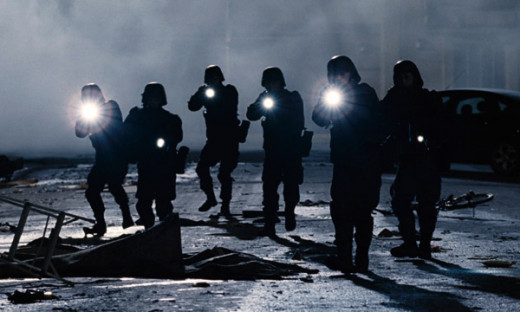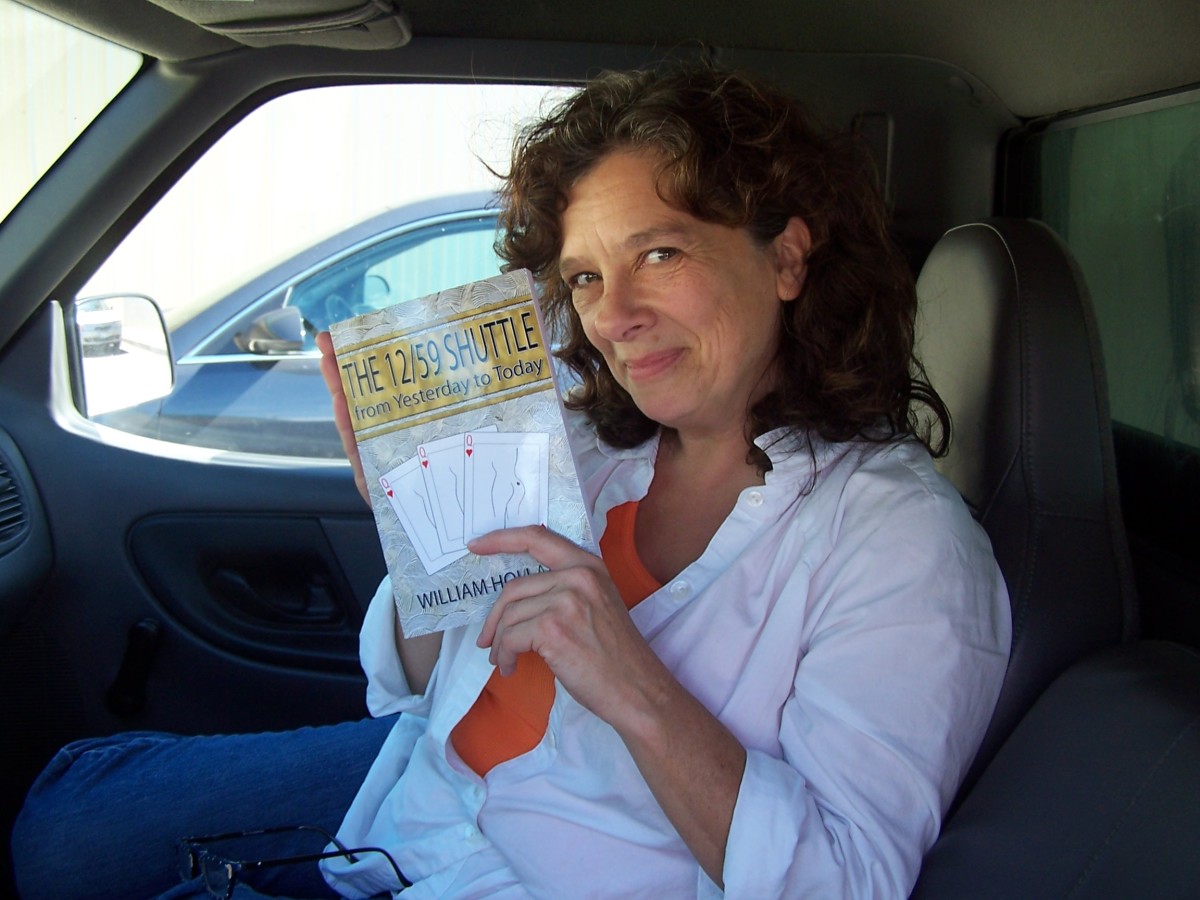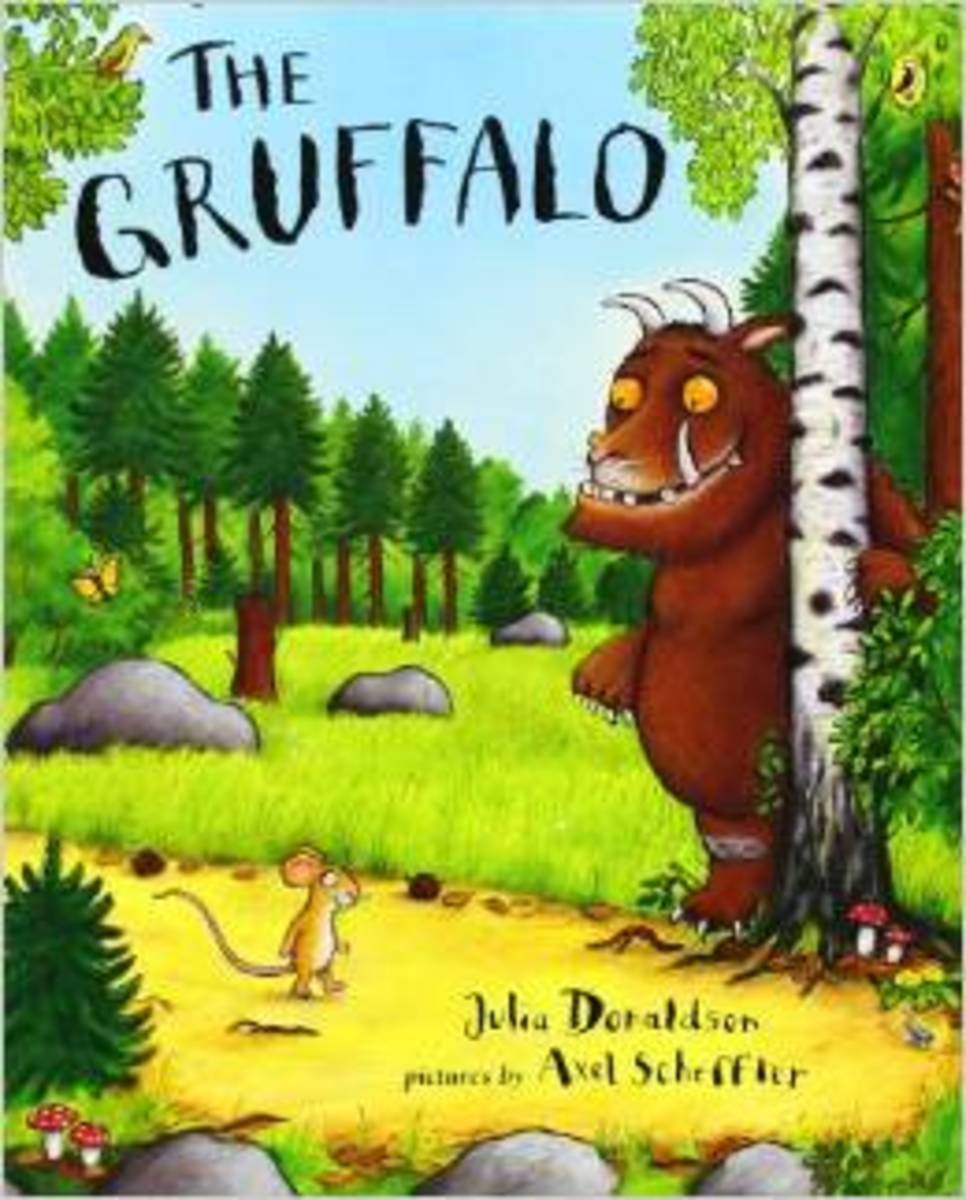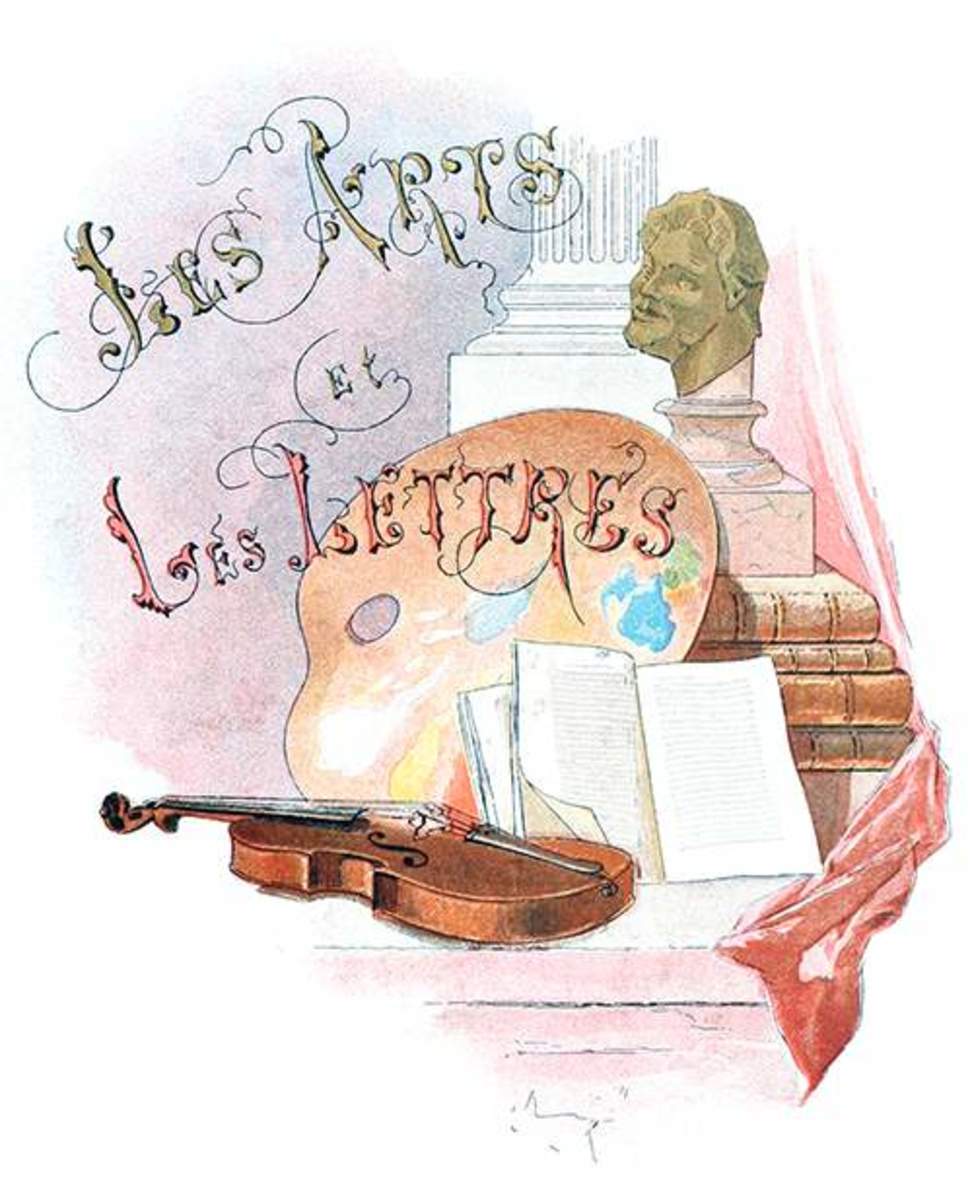Tomorrow When The War Began - The Catalyst Of Our Generation


In novels, readers are taken on an emotional journey as they witness the continual development and growth of the characters. This is true of John Mardsen’s gripping novel, Tomorrow, when the war began, which follows the story of eight rural, Australian teenagers. The main protagonist, Ellie, decides to organise a group campoutin a place called ‘Hell’. After returning home, they find their houses empty and their families gone. They begin to look for clues to attain information on what may have occurred whilst they were away, only find out that their homeland has been invaded by a foreign country. Together, they form a guerrilla group and try to reclaim the town they once called their home. Because of all of this, the characters are forced to face their fears and think strategically, causing them to grow in confidence and maturity. Throughout the novel, all of the characters undergo conspicuous development as they face their trepidations and develop a sense of belief in themselves. This transformation can be seen in the characters Homer Yannos, Fiona Maxwell and Ellie Linton. By reading this novel, our views of our own context may change; we may realise that we often take our freedom for granted and this may lead us to appreciate and value our education, families and equality more when we realise that many people do not have the freedom to relish these everyday joys.
As we progress through a narrative, the novelist takes us on a peregrination with the characters as we observe how they develop and grow. Through their evolution, we gain important knowledge that can evoke memories from our own encounters. The character, Homer Yannos, is one such character that experiences extraordinary changes throughout the novel, and forms into a more developed and competent young fellow. In the exordium of the novel, readers are given an impression of Homer as a rebellious, troublemaker, who is reckless, irresponsible, immature and wild. Ellie explains how, “Homer always seemed to be in trouble. Another of his favourite little amusements was to watch for workmen going on the roof to fix leaks or get balls or replace guttering. Home would wait till they were safely up there… then he'd strike. Half an hour later you'd hear yells and cries from the roof: ‘Help! Get us down from here! Some mongrel's pinched our bloody ladder!” He knew his inappropriate actions would cause others pain and distress and yet, he didn't care. This shows that he is rude with no respect for other people. Ellie’s vocalisation of Homer’s disposition promulgates how he is selfish and only ever thinks about himself. He takes pleasure in other people’s pain and that positions us to view him as a character whose soul purpose is to provide comic relief, causing us to be entertained by his shallow antics. Nevertheless, when the group of adolescents find themselves trapped in the war, they feel obliged to take action to save their families and this is what brings out the soft, compassionate, mature, responsible side in Homer, as his leadership skills and ability to think logically flourish. Ellie, Homer’s best friend, notices these changes and reflects when he said, “'let's take the bikes up there too so we've got a silent option if we need it. And let's clean up the kitchen, so there's no sign that we've been here.’ Homer was becoming more surprising with every passing hour. It was getting hard to remember that this fast–thinking guy, who’d just spent fifteen minutes getting us laughing and talking and feeling good again, wasn't even trusted to hand out the books at school.” Through Ellie's narration, it is revealed that Homer is more confident and a good leader, making hard decisions that will affect him, and all of his friends. He shows that deep down he has substance and the war has made him realise what is really important in his life. He has stopped acting recklessly and shows that he truly loves and cares for his friends. The war has been a catalyst for Homer and changed him from an irresponsible, wild troublemaker to a more reliable, responsible and mature young man. The war has made him in tune with his true nature and has let his true personality shine. He is now seen as heroic and selfless, qualities we never thought we would see in him. As a reader, we are positioned to feel admiration towards Homer for his personal development in terms of responsibility and maturity. We really look up to him for his newfound selfless nature because of his ability to think of not just himself but others around him.
The journey and development of the novel’s characters is what entices readers and causes us to relate with the characters on a more personal level. The character, Fiona Maxwell, is an individual who evolves greatly throughout the duration of the novel. In the opening of the narrative, readers view Fiona as a pampered, rich girl who has no knowledge of camping or the bush. She is seen as elegant and graceful; the popular, glamorous stereotype. She has very high standards of living and has a very easy life compared to the other teenagers who are seen as the ‘rural’ type. Ellie is in awe of Fi as “she is light and graceful. Fi was always a bit of a hero a hero to me, someone I looked up to as the perfect person … she looks like she'd never done a hard days work in her life, never been in the sun, never got her hands dirty… because unlike us rurals, she lived in a town and spend more time playing piano then drenching sheep or marking lambs.” Through Ellie’s comments on Fiona, her appearance is described as small framed and fragile, and also flawless: the perfect girl. Because of this description, we are positioned to feel doubtful of her ability when it comes to fighting when the group are confronted by the war. Surprisingly, the war acts as a catalyst for Fiona and guides her along her journey as she flourishes into a brave, independent thinking, young woman. Later on in the novel, Ellie acknowledges that “Fi seemed delicate and timid… but she had a determination I hadn't recognised before. There was a spirit to her, a fire burning inside her somewhere.” Through Ellie’s first person narration, we learn that Fiona has become a more determined, confident individual. She is no longer a dependant woman, but rather an independent, resilient young lady who is now very capable of taking care of herself, unlike previous times. The metaphor of a ‘fire burning inside her’ is symbolic of her newfound bravery and courage, and also of her strong spirit. All of these newly developed qualities are admirable. It shows that she is not just a pretty face, but actually has some substance to her. As a reader, we are positioned to feel delighted and have a sense of admiration for Fiona. She has gone into a situation with no knowledge what so ever, yet she comes out the other side confident and skillful, having done great things. She has gained so much personal strength and it makes us proud of her to see how much she has achieved in such little time.

Characters in a work of fiction are rarely the same person as they were in the beginning as they are at the novel’s conclusion. To witness such development and to experience the tempestuous journeys with the characters resonates with readers. Ellie Linton is a character who demonstrates how a human being can have the amazing ability to develop and grow to become a physically and a mentally stronger person and adapt to the situations they face. Initially, readers are positioned to view Ellie as a determined, curious, adventurous and a rebellious, young teenager. She is seen as having a sense of humour and is viewed as a leader figure. She is quite mature for her age, but has difficulty letting reality sink in when the war begins. While on a reconnaissance mission to find answers, Ellie was not completely aware of the situation and shares, “sometimes I forgot and made a noise, then the other two would turn and walk angrily at me. I’d shrug, spread my arms, roll my eyes. I still couldn't comprehend that this might be a matter of life and death. This was the most serious thing I'd ever been involved in. Of course I knew it; I just couldn't keep remembering it every single second. My mind wasn't that well disciplined.” Through Ellie’s narration, we learn that her making noises and being unaware of her surroundings shows her inability to be grounded; she has a hard time letting reality sink in. Up until now, she has lived a very sheltered life, unaware of the true dangers and risks of the real world as we know it today. War and violence seems very foreign to her, being an innocent, teenage girl. Stating that she couldn't keep remembering what was occurring every single second and that her mind isn’t that well disciplined shows that she is not very confident in herself and her abilities, and also that her sheltered childhood left her struggling to comprehend the very real danger she faces. The war becomes a catalyst for Ellie, causing her to become more confident in herself and able to think under pressure and in a logical manner. This is shown when she was hiding with the group from some approaching soldiers hunting for them. She notices how much she has changed and thinks to herself “as I waited behind the tree for the truck to pass I was surprised and a little alarmed to realise how much I was starting to think like a soldier. 'If we were up a tree with the rifles,’ I thought, 'and one person shot out the spotlight and the others went for the machine gunner…” Through Ellie’s thoughts, she reveals that she has become confident in herself and skills, and even more mature than before. She has become braver and has faced many of her fears. The war has shaped Ellie’s guerrilla style perceptiveness as she now looks out for all possible danger and attempts to avoid it to the best of her ability. As a reader, we are positioned to feel proud of Ellie for her immense developments in her train of thought and self-confidence and how far she has come in her journey. We really look up to her for being so brave and for leading everyone so well in the situation that she has been brought into. We also look up to Ellie for her newfound mental skills which not only help her, but also everyone around her.
Through John Mardsen’s novel, we gain knowledge of how characters develop greatly all throughout a novel. They go through life changing journeys and develop vastly in unimaginable ways, generally for the better. Through the characters of Homer, Fiona and Ellie, we learn of the developments of teenagers in war conditions. They grow to become more mature and responsible, developing soldier-like thinking methods and become more skilled in many aspects. All of these personal growths show how characters are never the same from the beginning to the end of a narrative and offers readers an eye opening insight into a different, horrifying context of war.








